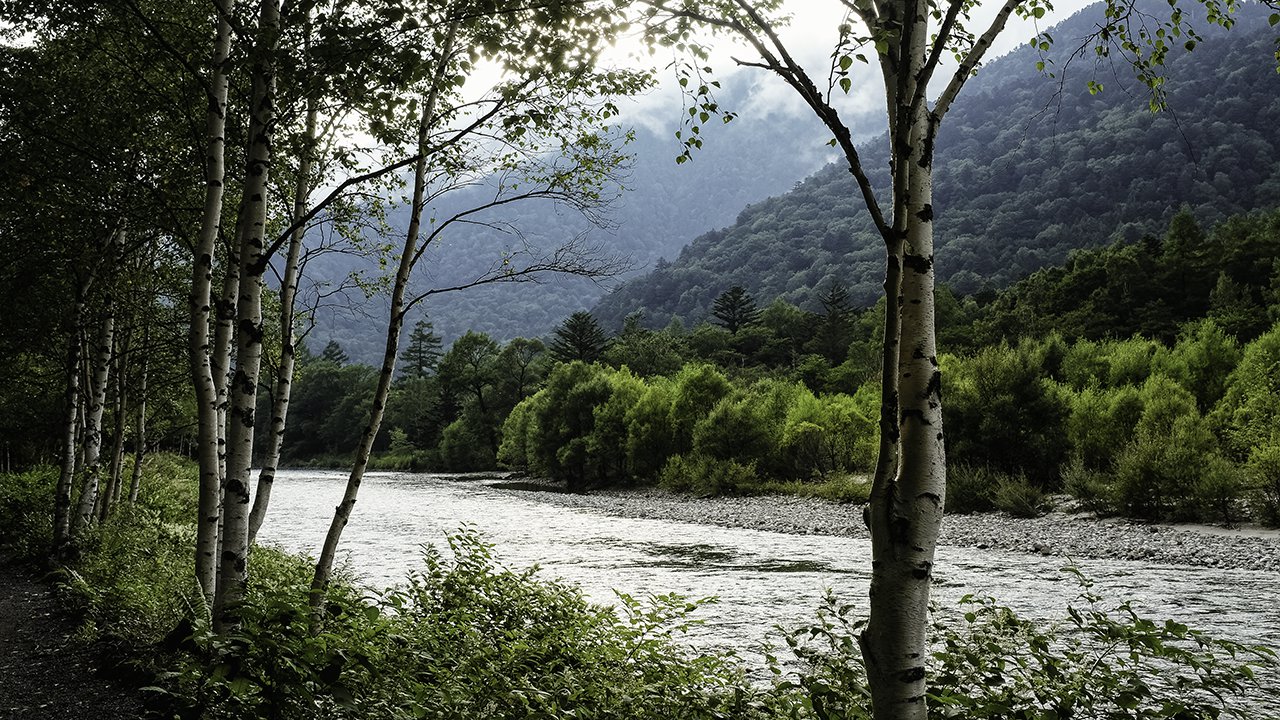How your tweets could help save the planet
Hashtagging for the greater good

Sign up for breaking news, reviews, opinion, top tech deals, and more.
You are now subscribed
Your newsletter sign-up was successful
Social media is one of the most powerful weapons that conservationists can use, according to a team of researchers at the University of Helsinki.
They've published a paper setting out the information that can be gathered from social networks - from the species people have spotted, to the landscapes they prefer to visit. That information can then be used to identify danger spots and areas in particular need of preservation.
"It can give additional information on where and when tourists visited national parks, and provide information on their activities and preferences," said geoinformaticist Tuuli Toivonen. "In some cases, it could be used to collect information on the mobile populations of species, at higher accuracy than traditional sources of data. National parks could increasingly encourage their visitors to post about their experiences, with a common hashtag."
Main Driving Force
Some of the biggest problems with "citizen science", say the researchers, are its need for systemic organisation, commitment and skills. As a result, it often only occurs in developed countries. Freely available data from networks like Twitter and Facebook, the team says, can sidestep those problems.
"Scientists do not have enough resources to collect more data and effectively monitor all species and habitats that need protection," said Enrico Di Minin, who lead the team. "As humans are the main driving force of global change, conservation also needs information on human presence and behaviour."
Image credit: Duncan Geere // CC BY-SA 2.0
Sign up for breaking news, reviews, opinion, top tech deals, and more.
